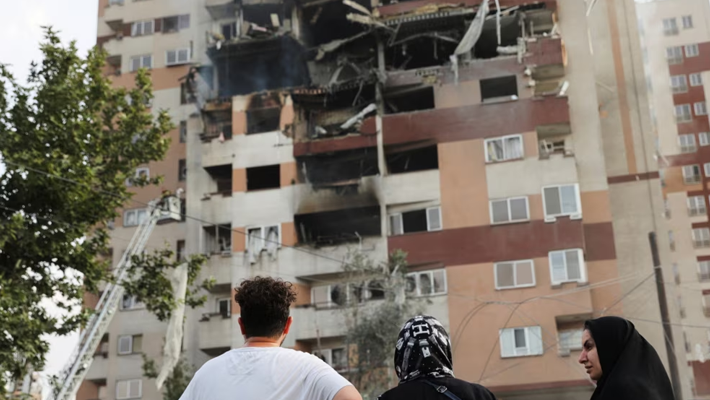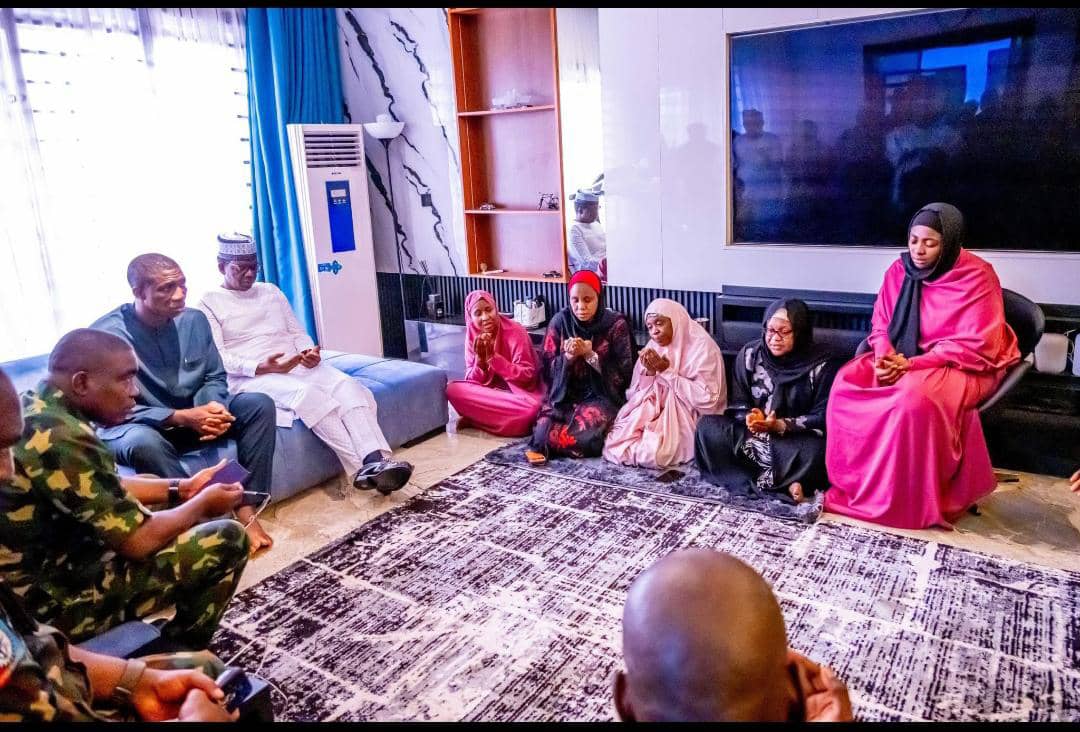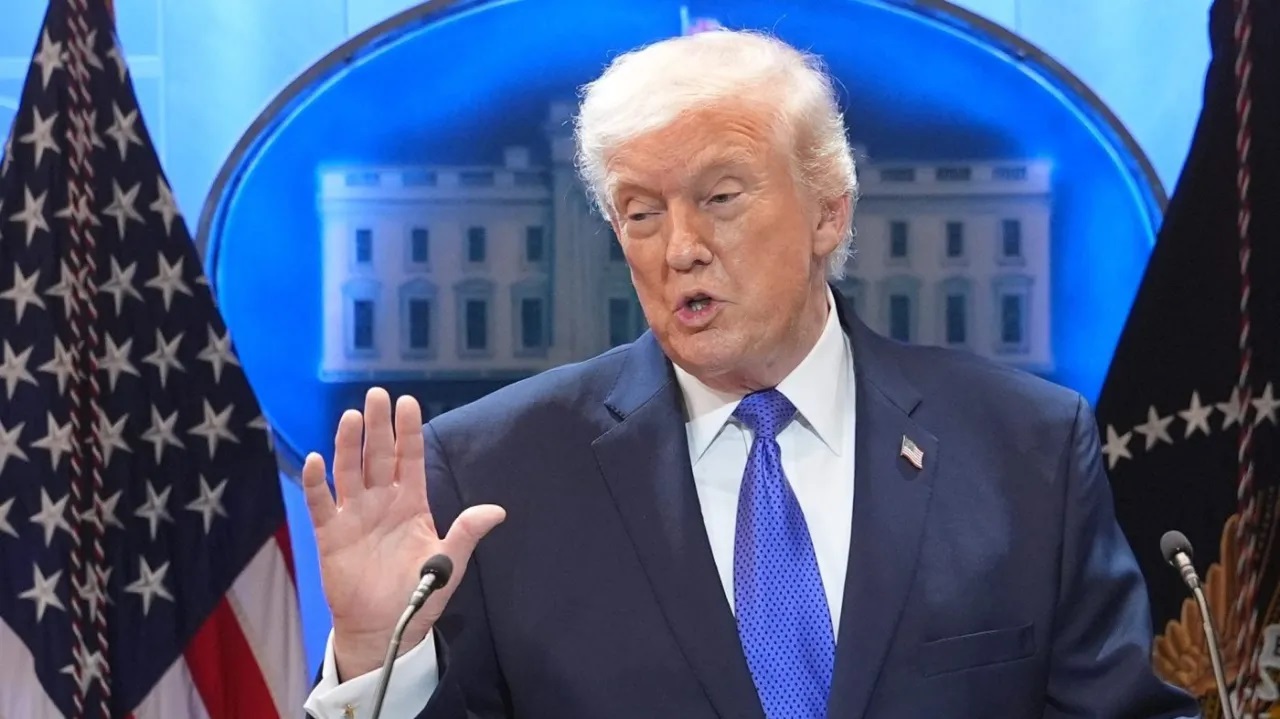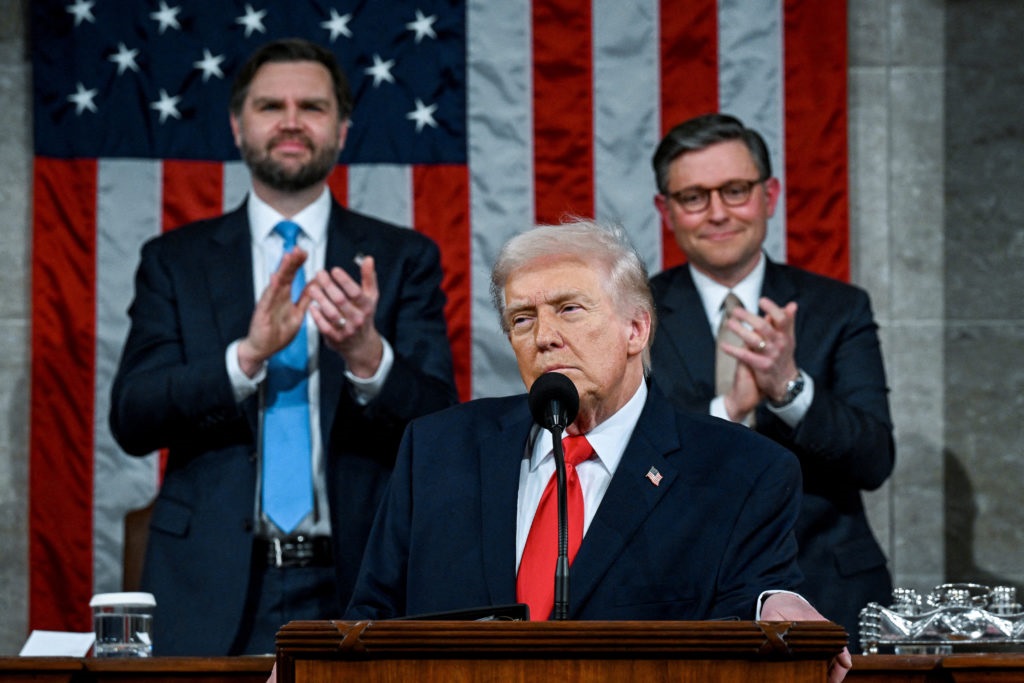Rafael Grossi, the secretary general of the International Atomic Energy Agency, UN’s atomic energy watchdog, has warned of major risks following recent U.S. strikes on Iran’s nuclear sites.
Mr Grossi told UN ambassadors on Sunday that the recent military strikes by Israel and the U.S. on Iran had badly compromised safety. The IAEA chief warned that the strikes could pose serious risks if the situation worsened.
The U.S. had on Saturday night bombed Fordow, Iran’s heavily fortified nuclear facility, as well as two other sites, Natanz and Esfahan.
Mr Grossi said the attacks had caused “a sharp degradation in nuclear safety and security”, even though there had been no radiation leaks which could potentially impact the public so far.
He also warned ambassadors that if the short window of opportunity to return to dialogue closed, then the destruction could be “unthinkable.”
The IAEA boss further warned that without urgent dialogue, the global nuclear non-proliferation regime “as we know it could crumble and fall.”
He confirmed that Iran’s main enrichment facility at Natanz had suffered major damage, including to key power infrastructure and underground halls containing uranium materials.
Mr Grossi said the main concern inside the site was now chemical contamination, which could be dangerous if inhaled or ingested. He also listed damage at other nuclear-related sites across the country, including Esfahan, Arak and Tehran.
Mr Grossi worried that while radiation levels outside remained normal, the attacks had raised the alarm over Iran’s operational nuclear plant at Bushehr. He warned that any strike on Bushehr could trigger a massive radiation release across the region.
“The risk is real. Military escalation threatens lives and delays the diplomacy that’s needed to resolve this crisis,” he said.
He urged all sides to show restraint, saying the IAEA stood ready to send experts back in to help monitor and protect damaged nuclear sites.
(NAN)





